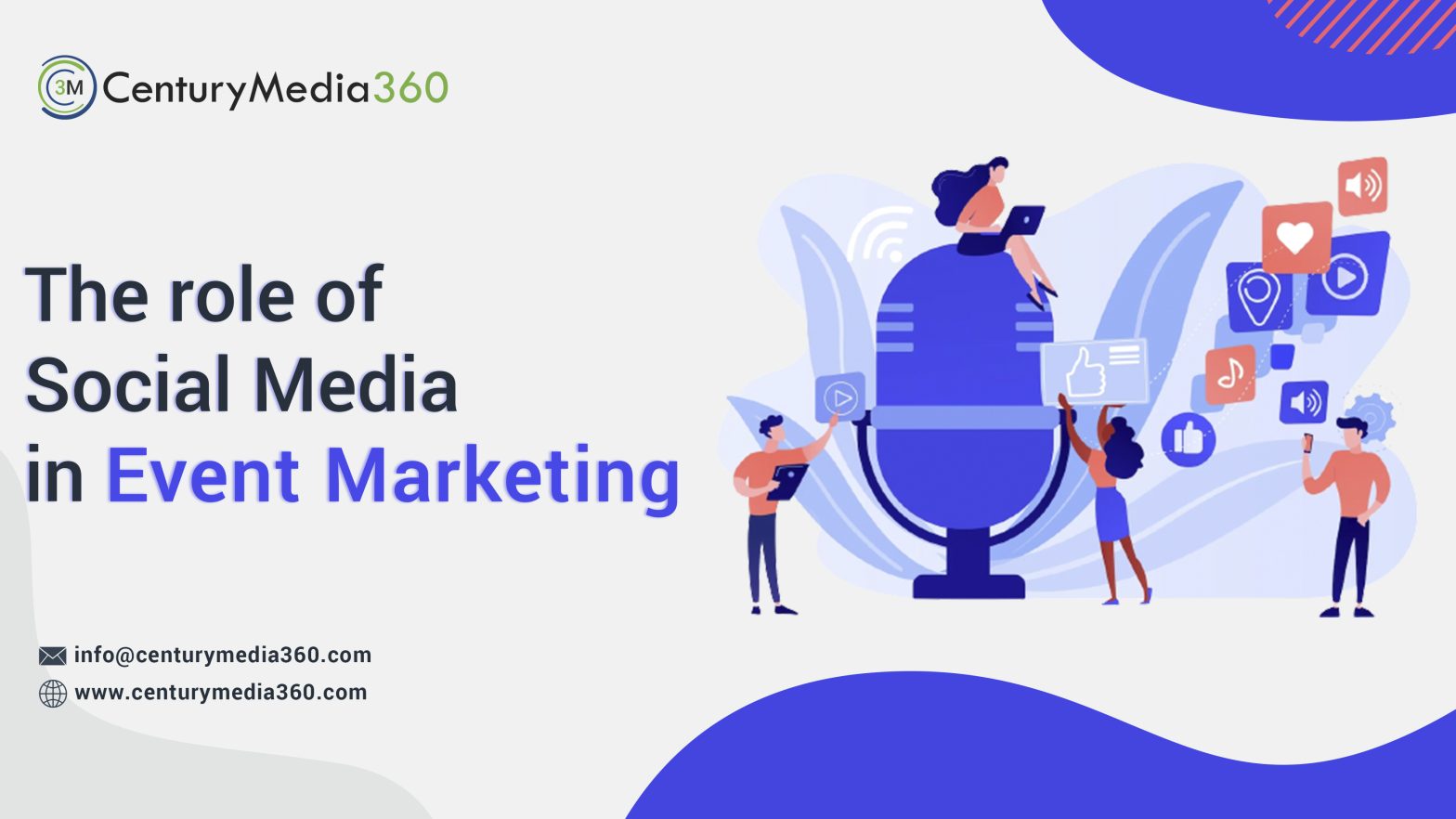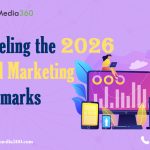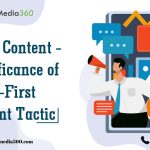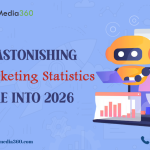The Role of Social Media in Event Marketing

Event marketing means planning events to promote products and services directly to the right audience. To begin with, brands use events to connect with customers, build trust, generate leads, and raise awareness. As social media grew, it changed how brands promote events and reach people across the world. Earlier, events stayed local, but now brands easily share them globally using online platforms and tools. Moreover, social media helps brands engage audiences, boost visibility, and track results in real time.
In our blog, we highlight key benefits of event marketing that attract the most attention today.
Promotion and Awareness
Earlier, the excitement for the events was restricted to the communities aware. But with social media, it is no longer secluded, and everyone can now feel the thrill. Meanwhile, brands share event updates on platforms to build excitement and connect with their target audience. Additionally, they post details regularly to keep people informed and boost interest before the event begins. Brands posting special images and graphics a few days before the countdown ensure maximum attendance and unwavering participation. Through event marketing, brands reach their targeted audiences in due time.
Provides Real-Time Updates
Social media has raised the popularity benchmark of event marketing. News outlets circulate the story widely even before the concept forms the original idea. Organizers serve live updates on their social handles to make audiences feel appreciated and encouraged thereby ensuring they never miss out on any exciting happenings.
User Generated Content
It is often seen people repost their preferred moments with interesting hashtags of the event to convey appreciation. Contents shared by the audiences’ works as testimonials for the brands thereby helping them to gain the attention and excitement of the audiences for future events. Audiences voicing remarkable speeches and highlighting the standout points of the events are likely to build their social value.
Influencer Marketing
In today’s time, influencers are reigning. Brands collaborating with the influencers to promote their events are likely to add value, pre-booking, and excitement of participation. Influencers sharing content on their social profiles excite their followers to participate, leading to increased engagement.
Feedback
Social media provides a platform for its dearest audiences to voice out their experiences. First, brands read feedback to understand the event’s success and how audiences responded to it.
Then, they analyze insights to identify improvements and plan better strategies for future marketing initiatives. Through social media analytics, brands received insight into the ratio of audiences’ engagement and demographic information.
Conclusion
Event marketing witnessed a significant performance jump after the widespread popularity of the social platforms. Through social media, you can create impactful events that voice productivity and build value among your targeted audiences. As it is hard to conclude all in an article, we have tried to put forward the milestone the marketing technique has achieved through the emergence of social networks.






